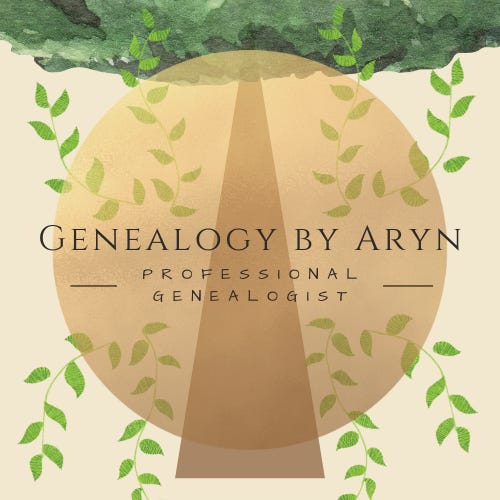Los Angeles - a Fire Story -
What do we do now, when all we're left with are ashes and embers?
This is the third week of the fires consuming Los Angeles. Three Weeks.
For the first week, we all sat glued to the Watch Duty app, wondering: Will my home be next? Will my friends, family, or co-workers be next?
The newspapers and TV stations were alive with the talk of flames and destruction. Social Media influencers posted videos, images, and live feeds. But now, it’s been three weeks. While most of the fires have been contained, the Palisades and Eaton fires still burn, adding more loss to the thousands of Californians who have already lost everything.
But the story is no longer fresh.
People have moved on.
That is unless you’re still entrenched in it like the people of Los Angeles are.
People like you.
People like me.
I had this big ‘ole plan for 2025. I even made a spreadsheet to cement it into the lexicon of my daily life. It was simple – after two months of having Covid, RSV, and the flu, I rested, rehabilitated, and planned for the obligatory restart at the strike of midnight on January 1, 2025.
For the next six days, that is exactly what I did. I worked, drafted, and created content. But then the fires began.
The emotional roller coaster I promised myself I’d exit at the end of 2024 was fanned into literal flames. Instead of leaving the ride, I switched cars, moving from the back of the roller coaster to the very first row – and guess what? The safety bar wasn’t secure.
Since January 7, I’ve looked at my spreadsheet a few dozen times. Everything I planned to write about is still important to me. I want to discuss Jean Seberg and J. Edgar Hoover, Gabriel Prosser's life, and the 1800 Virginia Slave Uprising.
But right now, I can’t.
Before I can do that, I need to calm the constant racing in my brain. The voice that keeps shouting at me: How can I help? What can I do? Where can I volunteer? What can I donate?
While I sit and meditate and process, my mind keeps drifting back to one thing – Genealogy.
I can see the attics and basements across our country and the world where other people’s irreplaceable photographs yellow and fade, their family heirlooms collecting dust, and the memories of the past generations sit wrapped in old newspapers, stashed away in cardboard boxes.
These are the treasures we value, even if we only look at them once every few years.
The stacks of old china bequeathed to us from a grandparent.
The moth eaten military uniform stored in an old footlocker.
They wait for us to visit them so they can remind us of those we loved and lost over time.
Then I think about how it is acceptable and expected that we will lose the memories of our elders when they pass away in old age, but no one ever anticipates that they may lose all of it to disaster.
In Los Angeles, it was the fires.
Today, somewhere in Los Angeles, a family is sifting through ashes where their home once stood. Maybe they're searching for a singed photo album, or the remains of their great-grandmother's wedding dress.
While I spend this time processing my own mixture of shock and survivor's guilt, I keep thinking and feeling: How can the genealogy community help?
This is why I am writing this post. I would like to start a dialogue in the genealogy community on how we, family historians, keepers of family memories, and family history stewards, can help those who lost everything regain the heritage destroyed in the natural disasters plaguing the United States and the world.
So I'm asking you—what can we do? How can we use our skills, resources, and passion for preserving family history to help these families reclaim what was lost? Let's start this conversation. While the fires may fade from the headlines, the work of rebuilding lives—and preserving memories—has only just begun.
To learn more about about my genealogy services - head over to GenealogybyAryn.com.
I’m also on Bluesky - Instagram - Facebook - YouTube, and be sure to check out my Etsy Shop and stop by my Genealogy Shop.







I’m sure there are resources on YouTube from some family history YouTubers. I’ve made a few as well. That’s a great idea to use already available resources to help guide people working to rebuild.
I wonder if one of the large genealogy sites would be interested in providing relief accounts… I think I’ll have to reach out and ask. Thank you for your input!
If they’ve lost some family history, then maybe we can teach them how we found some of ours? There is so much available history on the internet to be harvested. It’s really like offering a beginner’s class in where to look for family gems. For instance, I looked up addresses in old newspapers and found articles of something significant happening at that address when a family member lived there. There must be some organization that would provide funding for brief subscriptions to search one of the newspaper sites. Think of all the obituaries too. Suspect there must be free tutorial videos somewhere?